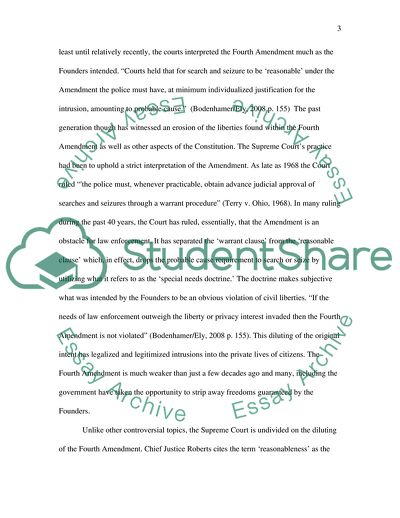Cite this document
(Search and Seizures Under the Fourth Amendment of the US Essay, n.d.)
Search and Seizures Under the Fourth Amendment of the US Essay. https://studentshare.org/law/1722797-search-and-seizures-under-the-fourth-amendment
Search and Seizures Under the Fourth Amendment of the US Essay. https://studentshare.org/law/1722797-search-and-seizures-under-the-fourth-amendment
(Search and Seizures Under the Fourth Amendment of the US Essay)
Search and Seizures Under the Fourth Amendment of the US Essay. https://studentshare.org/law/1722797-search-and-seizures-under-the-fourth-amendment.
Search and Seizures Under the Fourth Amendment of the US Essay. https://studentshare.org/law/1722797-search-and-seizures-under-the-fourth-amendment.
“Search and Seizures Under the Fourth Amendment of the US Essay”. https://studentshare.org/law/1722797-search-and-seizures-under-the-fourth-amendment.


